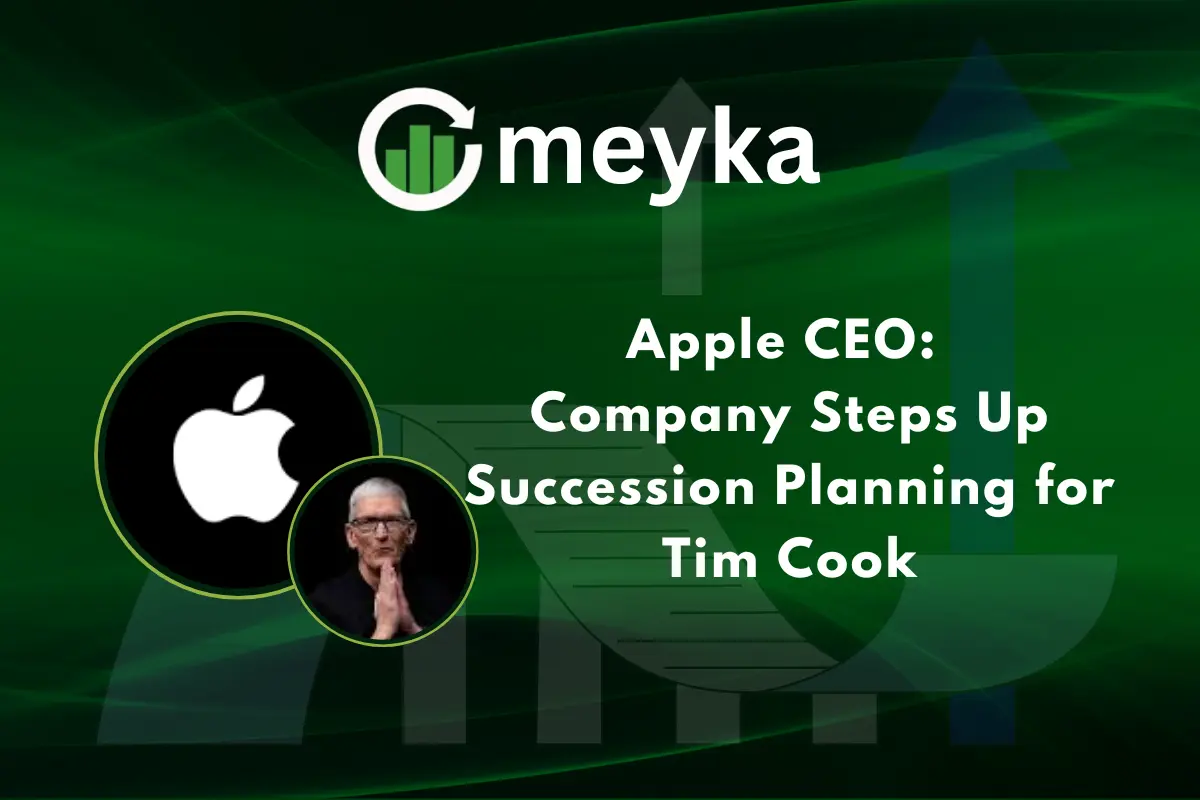Apple CEO: Company Steps Up Succession Planning for Tim Cook
Apple is one of the most watched tech companies in the world, and every move it makes draws global attention. In 2025, the discussion around its next leader has become louder. This is because Tim Cook, who took over as CEO in August 2011, has now crossed more than fourteen years in the role. Many analysts say this is a natural time for a company to think ahead. Apple is doing the same. It is now putting more focus on a clear and responsible succession plan.
Continue Reading on Meyka
This article is available in full on our main platform. Get access to complete analysis, stock insights, and more.
Read Full Article →





